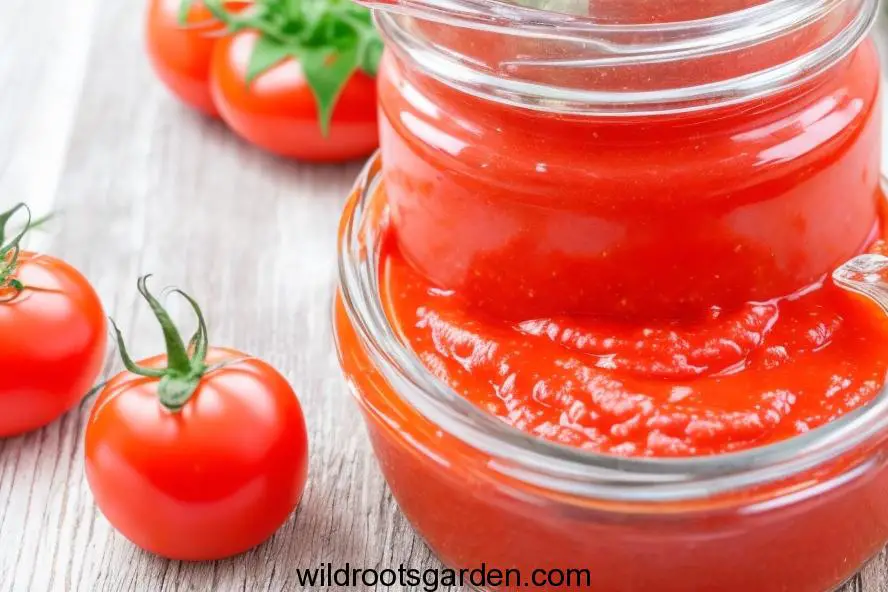How Long Does Tomato Sauce Last in The Fridge? The sauce is crucial to bringing out the flavors and transforming a satisfying plate of pasta into a meal that you will truly remember. Knowing how to store spaghetti sauce properly is essential for preserving its safety and freshness. To help you get the most out of your culinary creations, we’ll cover the specifics of keeping spaghetti sauce in detail in this in-depth article.
1. Understanding the Shelf Life of Pasta Sauce
There are many recipes that call for spaghetti sauce, a delectable mixture of tomatoes, herbs, and spices. To ensure the optimum taste and quality, it’s essential to be aware of its shelf life. An unopened jar of pasta sauce normally keeps for one to one and a half years after the listed expiration date if stored in a cool, dry area away from intense sunlight and temperature changes.
2. Proper Storage Techniques
Refrigeration: The Basics
Once a jar of pasta sauce has been opened, refrigeration is essential. Before putting the sauce in the fridge, move it to an airtight container to extend its freshness. This process aids in preventing the ingestion of undesirable tastes and odors from other foods. Refrigerated spaghetti sauce can keep its quality for roughly 5 to 7 days when stored properly.

Freezing: A Long-Term Solution
Freezing is a great choice if you have extra pasta sauce that you’d like to keep for a long time. To avoid freezer burn and preserve the sauce’s flavor, use heavy-duty freezer bags or freezer-safe containers first. Although frozen pasta sauce can keep its quality for up to 3 to 4 months, it is best used within 1 to 2 months for the greatest flavor.
3. Signs of Spoilage: When to Say Goodbye
Although spaghetti sauce has a fairly lengthy shelf life, you should be aware of the warning signs of rotting to keep your food safe. It’s time to throw away the sauce if you observe any strange changes in color, texture, or aroma, or if there is mold development. Moreover, it’s recommended to avoid using the sauce if it gives off an unpleasant or sour smell, as these are signs of degradation.
4. Expert Tips for Prolonging Freshness
- Proper Sealing: Whether you’re refrigerating or freezing pasta sauce, ensure that the container is tightly sealed to prevent air exposure, which can lead to degradation.
- Portion Control: Freeze pasta sauce in smaller portions, allowing you to thaw only what you need and avoid repeated freezing and thawing.
- Labeling: Clearly label each container with the date of storage to keep track of freshness and prioritize the use of older batches.
- Avoid Cross-Contamination: When scooping sauce from the jar, use clean utensils to prevent introducing bacteria that can accelerate spoilage.
In conclusion, proper storage methods, such as freezing and refrigeration, can extend pasta sauce’s shelf life. By being aware of the warning signs of spoilage and following professional advice, you can savor mouthwatering pasta dishes with the assurance that your sauce is current and suitable for consumption.
Preserving the delicate flavors of spaghetti sauce will elevate your culinary explorations and make sure that every meal is an enjoyable experience for your taste sensations. Keep in mind that each savory bite will allow you to enjoy the rich and aromatic essence of spaghetti sauce if you store it properly.

